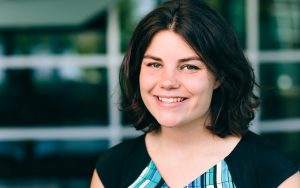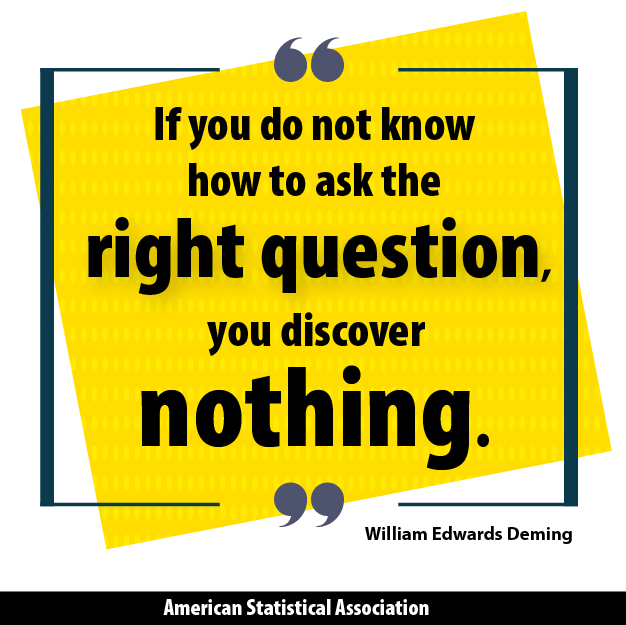President Truman did not want to be remembered with a statue. Instead, he encouraged a living memorial that would give life to the values of service that animated his career. The hallmark of the Truman Foundation’s work is the Truman Scholarship, a graduate fellowship in the United States for those pursuing careers as public service leaders.
Mikaela Meyer, a member of the American Statistical Association, was awarded a Truman Scholarship to support her graduate studies in public policy. She was given the award of $30,000 while completing her undergraduate degree in statistics at Purdue and recently began her pursuit of a joint PhD in statistics and public policy at Carnegie Mellon University.
Below, Mikaela answers a few questions about the Truman Scholarship and her plans.
Who or what drew you to major in statistics at Purdue?
I took AP Statistics in high school and really enjoyed it because I liked the real-world questions that were asked. When I realized as a freshman math major that I probably wouldn’t enjoy studying theoretical math topics as much as I originally imagined, I added a statistics major because I remembered this AP Statistics class. I stayed in statistics thanks to a particular professor, Dr. Mark Ward, who introduced me to statistics research early on.
What has been your biggest take-away from being a Truman Scholar?
Public service can take a variety of forms. There are people in my cohort who hope to go to medical school, others want to run for office, and some hope to stay in academia. Even though no one else in my cohort comes from a statistics background, people really respect the work I have done and what I hope to do in the future. After spending a summer with my cohort during the Truman Scholarship Foundation’s Summer Institute program, I have been inspired to continue working across disciplines to solve grand challenges.
What advice can you offer statistics majors thinking about applying?
Personally, I found the application process itself so rewarding that—even if I hadn’t won the scholarship—I would have still learned a lot from it. For the application, I had to write specific essays about what I hoped to get out of grad school, what I wanted to do immediately after grad school, and what I wanted to do seven years after finishing grad school. I had certainly thought about all these topics before, but writing about my future and talking to my advisers about it made my trajectory a little more solid. Also, while writing my essays, my professors connected me to other statisticians who were doing the work I hoped to be doing in the future. Talking to statisticians who are public servants inspired me to continue pursuing my goals.
Part of the Truman program is its Summer Institute in DC. You found an internship at the US Government Accountability Office (GAO), an independent nonpartisan agency that investigates on behalf of Congress how the federal government spends taxpayer dollars. How did you spend your time at GAO?
At GAO, I enjoyed assisting a couple of the statisticians on some very different projects. My work seemed to run the gamut. I helped conduct interviews; reviewed others’ R and SAS code; and searched for articles for a literature review, among other jobs. One of the most interesting parts of my internship was having the opportunity to sit in on the different meetings GAO holds throughout the duration of their review of a federal program; I saw reviews being discussed at their initial stages and watched the results of a review presented at a congressional hearing.
Did anything surprise you—or what struck you—about the role of a statistician at GAO?
Before interning there, I didn’t realize a GAO statistician is somewhat of a consultant to numerous projects at one time. I witnessed statisticians trying to explain to GAO review teams the pros and cons of different sampling methods and to write about their findings accurately. I recognize now, more than before my internship, the importance of having good communication skills as a statistician, so you can talk to people with different backgrounds and varying levels of technical skills about why taking certain steps ensures proper data collection and analysis.
Is there an intersection of statistics and public policy that you hope to explore further in graduate school?
I find the topics of “fair” machine learning/AI and record linkage to be interesting, and I’d certainly like to explore them in grad school. Most of my undergraduate work involved using statistics to solve environmental policy problems, so I think it would be interesting to dive deeper into this intersection, as well.





Leave a Reply